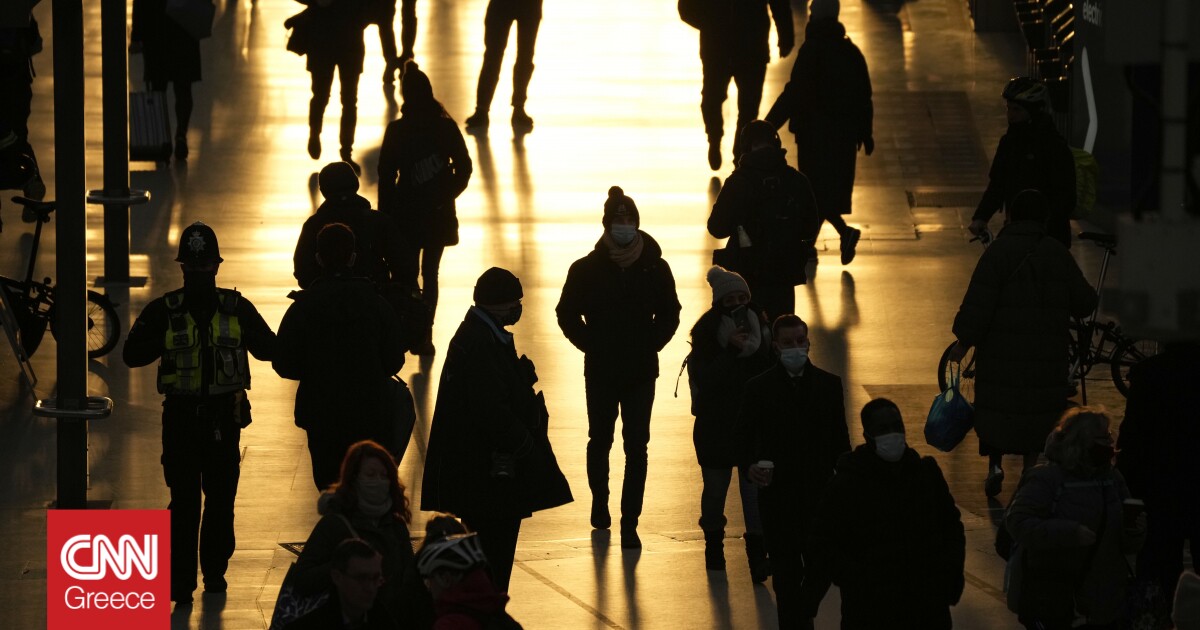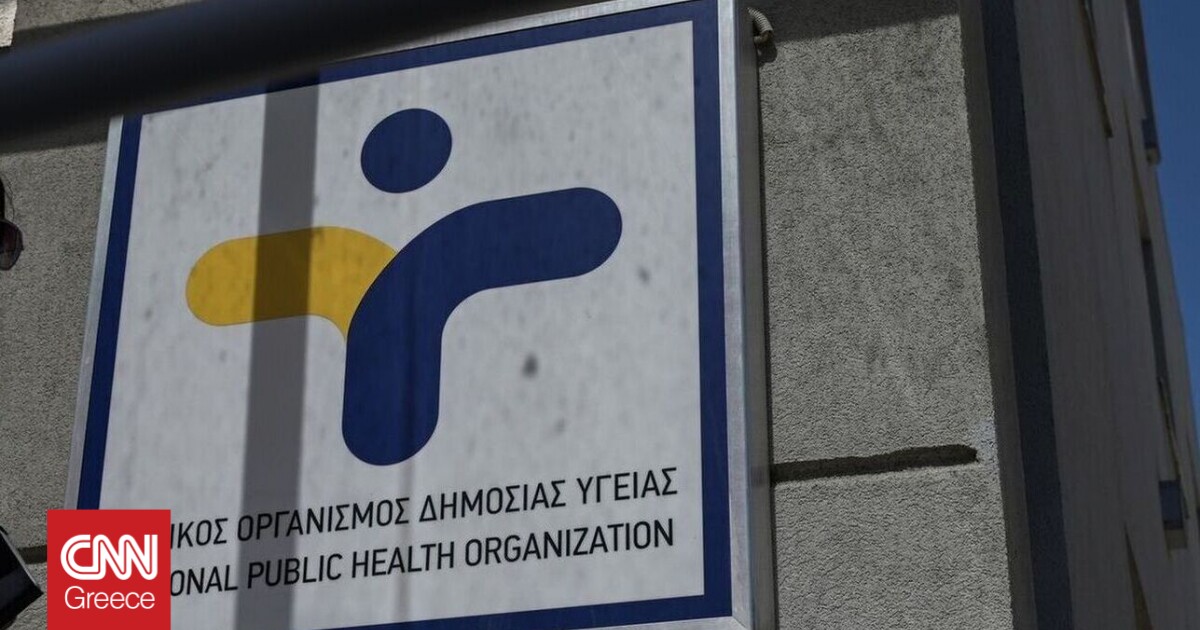Hexagon on CNN Greece: What to do if we come in contact with a coronavirus case
In favor of extending compulsory vaccination to all adults, as well as the review of the operation of the schools is ordered by the president of the Panhellenic Medical Association and member of the Committee of Experts, Athanasios Exadaktylos. Speaking to CNN Greece, estimates that in the next ten days the total number of new infections will far exceed 300,000 due to the Omicron mutation and provides basic guidelines for dealing with contact with a positive coronavirus case.
First, explaining what a confirmed case should do, points out:
- Someone who has a positive rapid test or pcr test should stay home for five days.
- If after five days he has symptoms and mainly fever he should stay home until the symptoms are completely gone, without taking medication.
- When you have finished the symptoms and for the next five, you should wear a high protection everywhere and in daily social contact.
“The time of onset of ‘Omicron’ and the symptoms is shorter than the other mutations,” he explains.
For what should someone who has been in contact with a case do, Mr. Exadaktylos recommends five-day quarantine and notes:
- On the 5th day of quarantine he proceeds to a rapid test or pcr test – not a self test – to see what exactly is happening to him.
- If it is not a case for another five days, he wears high protection masks everywhere and pays attention to his contacts.
- In case of symptoms with a negative self test, then a rapid test or pcr test should be done and until the results come out they should behave and hide.
- What has symptoms, even with self test negatives, should be considered positive and does not act as a coronavirus case.
“The self test does not matter if there are symptoms. We accept the self test as negative in case there are no symptoms, but it does not have the reliability that the rapid test has or the reliability of the molecular diagnostic test “, he underlines.
Respectively, as he explains, in case of symptoms and a negative rapid test, a pcr should be done in one or two days and in the meantime we should treat a confirmed case.
“The five-day quarantine applies to everyone, except for vaccination,” said Mr. Exadaktylos.
“It is certain that we will all be exposed to this virus very quickly. The younger ones who have been vaccinated will pass quickly, while they will also acquire immunity against “Delta” and the most covered are those who have received all three doses of the vaccine. “The most exposed are those over 50 who have not been vaccinated and who come to about 500,000 people,” he says characteristically.
“Our great anxiety is how much this category of vaccines gets sick at the same time,” he notes.
As for how the system is affected by the unprecedented spread of “Omicron”, it is estimated that it depends to a large extent on the location of the elderly vaccinators.
“In urban centers like Athens and Thessaloniki we are afraid of a burden.”
For the news meters which will take effect from tomorrow, Thursday 30 December, it deems will reduce the acceleration of spread and that they will not cause the new wave to slow down.
Finally, on opening of schools after the holidays, he believes that their health protocols should be changed “as we have new data on quarantine, virus incubation time and transmissibility.
“The only thing we are discussing in the Committee is the ban on school trips,” concludes the president of the Panhellenic Medical Association.


/cloudfront-eu-central-1.images.arcpublishing.com/madsack/NUWZCWCJRJBIJHU5AUO5EXOHDY.jpg)

/cloudfront-eu-central-1.images.arcpublishing.com/madsack/NHW556UKZ5AVBM47OAWSYLJCPQ.jpg)